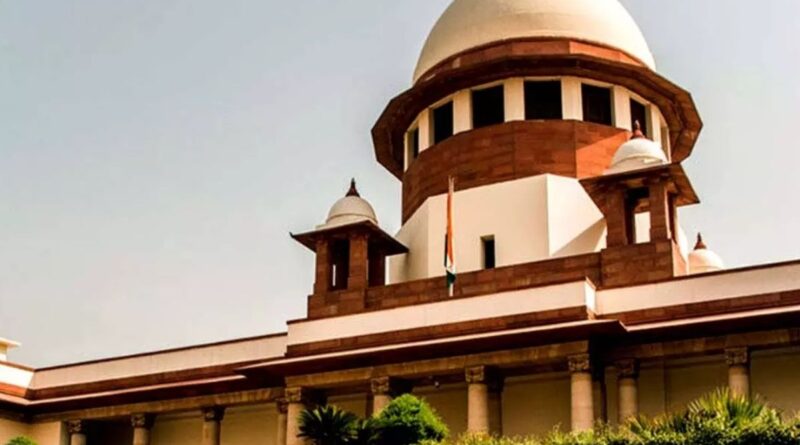Supreme Court: Non-Resident Firms Liable for Indian Taxes Without Permanent Office
The Supreme Court has ruled that a foreign company can be taxed in India for income earned from its business connections in the country, even if it does not have a permanent office here.
A Bench of Justice Manoj Misra and Justice Joymalya Bagchi clarified that the Income Tax Act, 1961 does not require a non-resident company to maintain a “permanent establishment” in India to be considered as doing business in the country. What matters is whether the income has accrued or arisen—directly or indirectly—through a business connection in India.
Justice Joymalya Bagchi, writing the judgment, explained:
“The Act does not make it compulsory for a non-resident company to have a permanent office in India to be taxed for income earned here. Sections 4, 5(2), and 9(1)(i) clearly state that income arising through any business connection in India is chargeable to tax. The idea of a ‘permanent establishment’ is only relevant when benefits under the Double Tax Avoidance Agreement (DTAA) are being considered.”
Case Background
The ruling came in appeals filed by Pride Foramer S.A., a French company, challenging the Uttarakhand High Court’s decision that had denied it certain tax deductions. Pride Foramer had previously operated in India under a 10-year offshore drilling contract with ONGC (from 1983 to 1993).
In the later assessment years (1996-97, 1997-98, and 1999-2000), the company claimed deductions for administrative expenses and unabsorbed depreciation, even though it had no active contracts during that time. The tax authorities and the Commissioner of Income Tax (Appeals) rejected these claims, saying that the company had stopped doing business in India.
However, the Income Tax Appellate Tribunal (ITAT) disagreed and held that the company was still carrying on business, only facing a temporary break or “lull.” The High Court later reversed this decision, but the Supreme Court has now restored the ITAT’s findings.
Key Observations
The Supreme Court emphasised that a short-term pause in operations does not mean that a company has shut down its business. It said one must look at the taxpayer’s overall conduct—such as ongoing correspondence, tenders, or business efforts—to decide whether it continues to carry on business.
The Bench noted that Pride Foramer had continued communicating with ONGC about supplying manpower for drilling projects and had even submitted a bid in 1996. Such actions, the Court said, clearly reflected ongoing business activity in India.
The judges further explained that business activities include not only profit-making work but also steps taken to maintain, protect, or revive business operations. Hence, even during the gap period, Pride Foramer’s administrative and audit activities showed an intention to continue its Indian operations.
Rejecting the High Court’s restrictive view, the Supreme Court stated that the absence of a physical office or ongoing contract does not mean that business has ceased. It also dismissed the argument that communications from foreign offices meant no business was conducted in India.
The Court, therefore, allowed the appeal and restored the ITAT’s decision, holding that Pride Foramer was indeed carrying on business in India and was eligible for the deductions claimed.





